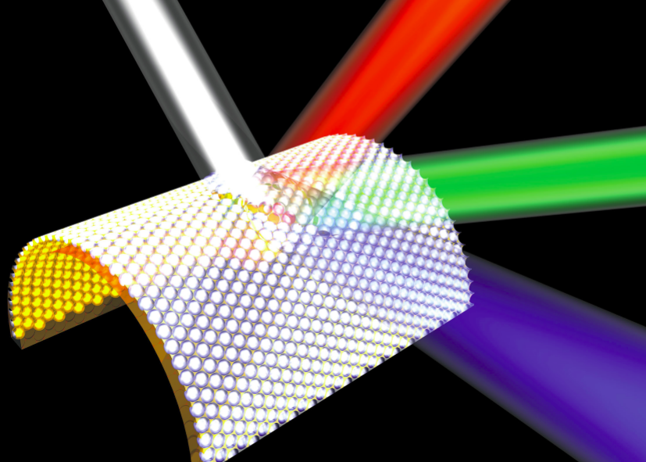Openings at ECTM
LCE material and technology for medical applications
Opening for: PhD studentStatus details
| Status: | Closed |
|---|---|
| Announced: | 02 May 2020 |
| Closing date: | 01 Jul 2020 |
1. Problem description
Heart failure and cerebral stroke associated to Atrial Fibrillation are some of the most dreadful and frequent diseases. Promising devices to mechanically assist atrial contractile function have been successfully tested in large-animal studies but not yet reached the clinical use. To solve these clinical challenges is to exploit smart materials to support or restore the cardiac mechanical function. Ideally materials should be able to modulate their strength kinetics, stiffness, bio-combability and reliability to fit the features of striated muscles. Thermal, optical and electrical sensitive liquid crystalline polymer, working as artificial muscle, is able to respond to external stimuli in a reversible manner to generate the needed movement or tension.
2. Objectives
- Co-develop and optimize bio-compatible and efficient liquid crystalline elastomers (LCEs), which can be integrated with μLED array as the thermal and optical stimuli.
- Create LCE-μLED based novel controllable biomimetic contractile tissue unit, and to test and control the effects of their acute implantation in large mammals and explanted hearts.
3. Methods
- Polymer material and tissue testing and characterization
- FEM and MD based multiphysics and multi-scale simulation for material and opto-electronics component development
- Heterogenous system integration and packaging
4. Deliverables
- Electrical-optical-thermal-mechanical multiphysics/scale simulating LCE-μLED tissue and contractile unit;
- Optimize the optical operation efficiency of the contractile unit;
- Designing, prototyping and testing the contractile unit, consisting of LCE-μLED tissue, driver and software and other hardware
Requirements
Preferred candidate 1) with MSc degree in Polymer Physics and Chemistry, Material Science and Engineering, Composite Material Mechanics, Electronics Engineering or other related majors; 2) Strong in multiphysics and multi-scale simulation 3) Excellent communication and academic writing skills.Contact
prof.dr. GuoQi Zhang
Professor
Electronic Components, Technology and Materials Group
Department of Microelectronics
Additional information
In The Netherlands, almost all PhD positions are linked to funded research projects. This has several implications:- PhD students are employed: they receive a salary rather than a grant. Most projects have a duration of 4 years.
- Positions become available once a project is funded. This can happen at any time during the year.
- It typically takes 6 to 9 months for a project proposal to receive funding. In this period, a position may be anticipated but the outcome remains insecure. Once a project is funded, the open position needs to be filled as soon as possible.
If you are interested in our research, it merits to inquire whether openings will be available. We collect resumes of prospective PhD students throughout the year, for each of our research tracks.
General requirements
We make our selection based on the following general requirements:- Formal requirements regarding prior education: you should have earned an MSc degree at a recognized institute for higher education.
- Background: this depends on the specific project.
- Excellence: your Grade-Point-Average should be above 8 (10). Also your MSc thesis should have received a grade above 8 (10).
- English: you should be able to communicate well in english (written and oral). Provide TOEFL/IELTS scores if available.
- Originality: your MSc thesis or later work (publications) should reflect some original ideas. Critical and independent thinking is very important.
- Team player: you should be able to work well in a team of other project members.
